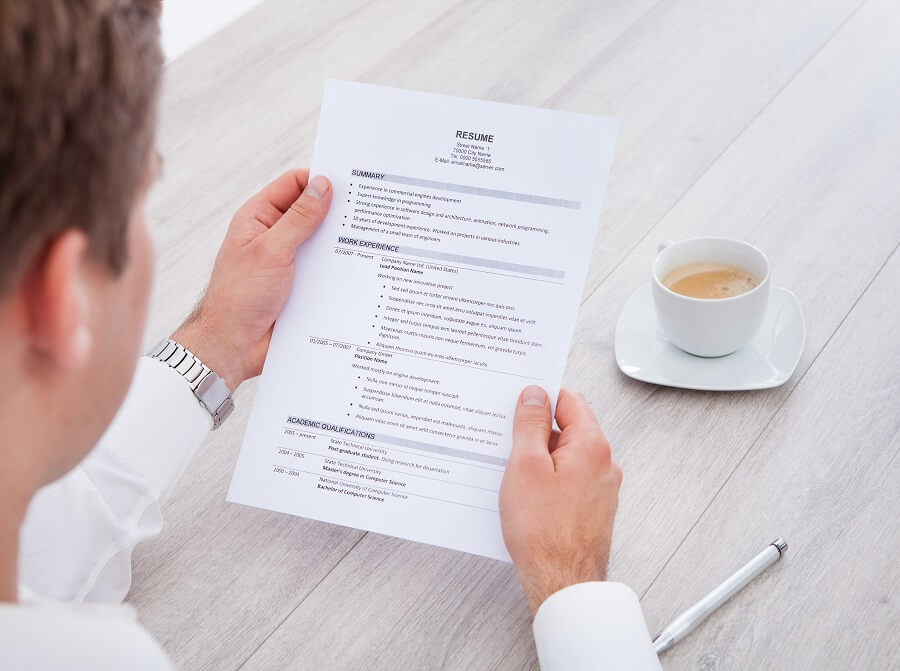We’ve all come to a point in our lives when we had to prepare for an interview. It could be your first professional job in the workforce, or years into your journey when you were searching for something new. Either way, it makes for a nerve-wracking, nail biting experience.
Whether you are an amateur or a seasoned professional, it makes all the difference in the world to excessively prepare for an interview. It doesn’t matter if you’ve been in your field for a decade if you bomb the interview, crashing and burning in unpreparedness. If you want to impress your interviewer, you have to have more than experience and an overflowing resume. To hit the nail on the head, come prepared to your interview by using these tips:
Get help from a recruiter.
While this is optional, recruiters can find the best job for you and completely prepare you for the interview. They are experienced in working with companies, and most likely have previously worked with the hiring managers you are interviewing with. Otherwise you are just sending out a resume amongst hundreds of applicants and hoping someone will call.
Prepare your resume and professional references.
You must make sure your resume matches the job. It might seem like a lot of work to tailor your resume to each job you apply for, but it is well worth it. Your resume should have those “hot-button” words off the job description, and highlight your achievements most related to the position.
You should have a portfolio ready to give to the interviewer, so they have samples of your work. It may also suffice to have an online portfolio link available if you do work on the web (such as websites and graphic design).
Be sure that your professional references are willing and ready to take a call from the interviewer. Let them know they might receive a call, and be ready to give the interviewer their contact information.
Understand the job description.
Read and reread the job description to understand what you are getting into. See what others in this role are doing. Research the role and find various descriptions. See if you can get specific examples of responsibilities to make sure you are applying for something you have the skillset and passion for. Look at the skillset and previous work experience required – do you fit the bill?
Confirm your can do/will do list in advance.
Make sure you know your limits before you go in. Are you willing to travel? How much? Do you mind long hours? Have a clear idea of what you need and want from a job before the interview.
Understand the company.
It is so important to understand the company you are interviewing with. What does it do, and what is the history? What are the products and services? Who are the competitors? What is the culture like? Have there been any recent news announcements? What are the vision, mission and long-term goals?
It is impressive to your interviewer, and you’ll also have a better understanding if you will fit in and enjoy the job. Find the answers to these questions on the company website, company reviews and news articles.
Find out who you are interviewing with.
This is important for many reasons. First, find out how many people you’ll be speaking with so you can bring enough resumes and sample work. It is also important to know who this person is so you can research them beforehand. Sure, they want to know about you, but you also want to know about them.
It never hurts to bring up something you have in common, whether it be charity work or your favorite sports team. It gives you something to talk about other than the job so you can connect on a personal level. Find their bio on the company website or their personal LinkedIn profile.
Practice your story (and interview questions).
It is important to know what you will say to highlight your achievements. Be comfortable relating to your accomplishments and you will feel and sound much more confident in your abilities. Make sure to take the “hot-button” words right out of the job description and link them back to your experience.
When the interviewer asks you to tell about yourself, talk about how your skills match the position. Also tell them why you want the job, and be specific with details about the company (don’t say money). The interviewer will know you paid attention to detail and can perform the job.
It is important to focus on what they are looking for and to provide enough relevant examples of how you are a good fit.
Know what attire is appropriate.
Finally, for a successful interview, make sure you dress for the role. This is another aspect a recruiter can help with, but you can also assess the company culture and the type of work to decide how to dress for an interview. The rule of thumb is usually professional dress (suit and tie or blouse and business skirt) but some companies may think this is overkill. Try to find out if they are laid-back or looking for a suit and tie to demonstrate an understanding of the company.




